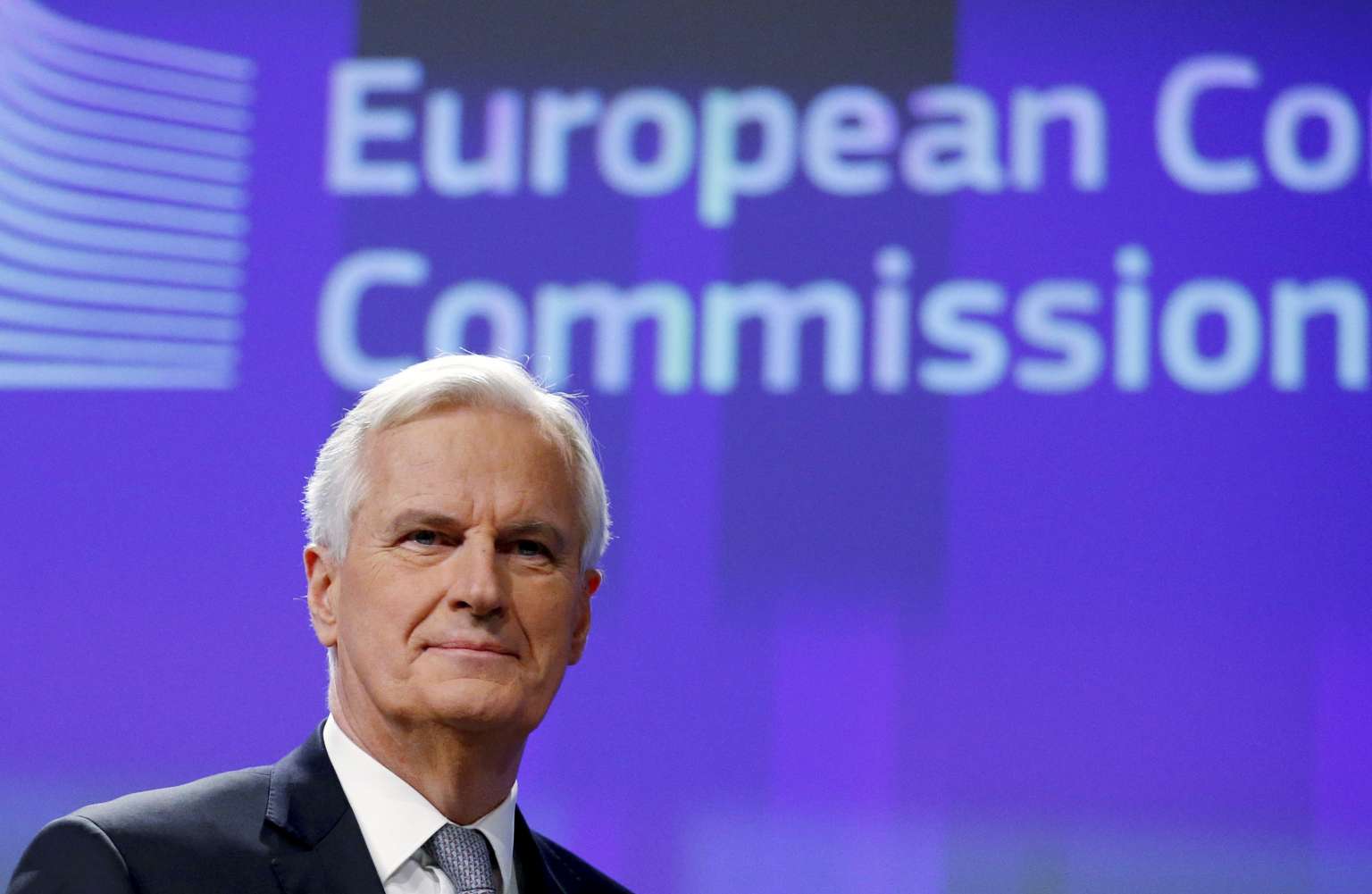EU's Brexit chief: Norway, other partners have "priority" after break-up
Sign up now: Get ST's newsletters delivered to your inbox

Michel Barnier, Chief Negotiator for the Preparation and Conduct of the Negotiations with the United Kingdom under Article 50 of the Treaty on European Union, holds a news conference at the EU Commission headquarters in Brussels, Belgium, on Dec 6, 2016.
PHOTO: REUTERS
OSLO (REUTERS) - The European Union's Brexit negotiator sought on Wednesday (Jan 24) to reassure the bloc's partners Norway, Iceland and Liechtenstein that their interests would be a "priority" when the EU breaks up with Britain.
The three non-EU members have the benefit of free movement of people, goods, services and capital within the EU market of 500 million people with Brussels setting the rules that govern all aspects of the joint European Economic Area (EEA).
"The best relationship with the EU must remain membership and after that it must be EEA membership," Michel Barnier, a former French foreign minister, told reporters after talks with Norwegian Prime Minister Erna Solberg.
"It will be our priority to safeguard also the EEA agreement," Barnier said during a trip around Europe to explain the EU's plans for Brexit, triggered by Britain's vote in a referendum last June to quit the bloc.
British Prime Minister Theresa May said last week that Britain would leave the single market when it pulls out of the EU in a clean break with the other 27 EU members, rejecting the option of a Norway-style relationship.
"We will take into account the interests of third countries closely associated with the EU, such as Norway and other EEA countries, Iceland and Liechtenstein," Barnier said.
Norway, for instance, has often felt itself most aligned with Britain. Both are offshore oil and gas producers and Norway's voters twice voted "No" to membership in referendums.
Barnier said that time was short to negotiate an agreement by October 2018, a date he laid out last month which assumes London goes ahead and triggers exit talks by the end of March.
On Tuesday, the UK Supreme Court ruled that May must give parliament a vote before she can formally start Brexit negotiations, giving lawmakers a shot at amending her plans.
Barnier declined to comment on May's planned visit to the United States this week to speak with President Donald Trump, who has said he wants to work out a swift bilateral trade deal with Britain.
"What can stop countries from talking?" he asked, noting that Britain was still an important part of EU trade policy.
Last year, former US president Barack Obama said that Britain would go to the back of the queue in negotiating a transatlantic trade deal if it were to quit the EU.


